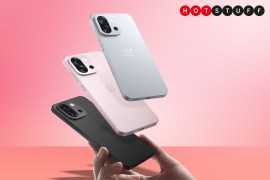4 reasons why you shouldn’t buy the iPhone 6s (and 4 why you should)
To buy or not to buy. That is the question

It’s D-day today. D as in decision-making. Should you cough up for Apple’s new iPhone 6s or 6s Plus, which is on sale from today?
We’re here to rescue you from the fiery hell of indecision by rationally pointing out the things that the new iPhone models have going for them, and the things they don’t. But after this point, you’re on your own.
Don’t buy
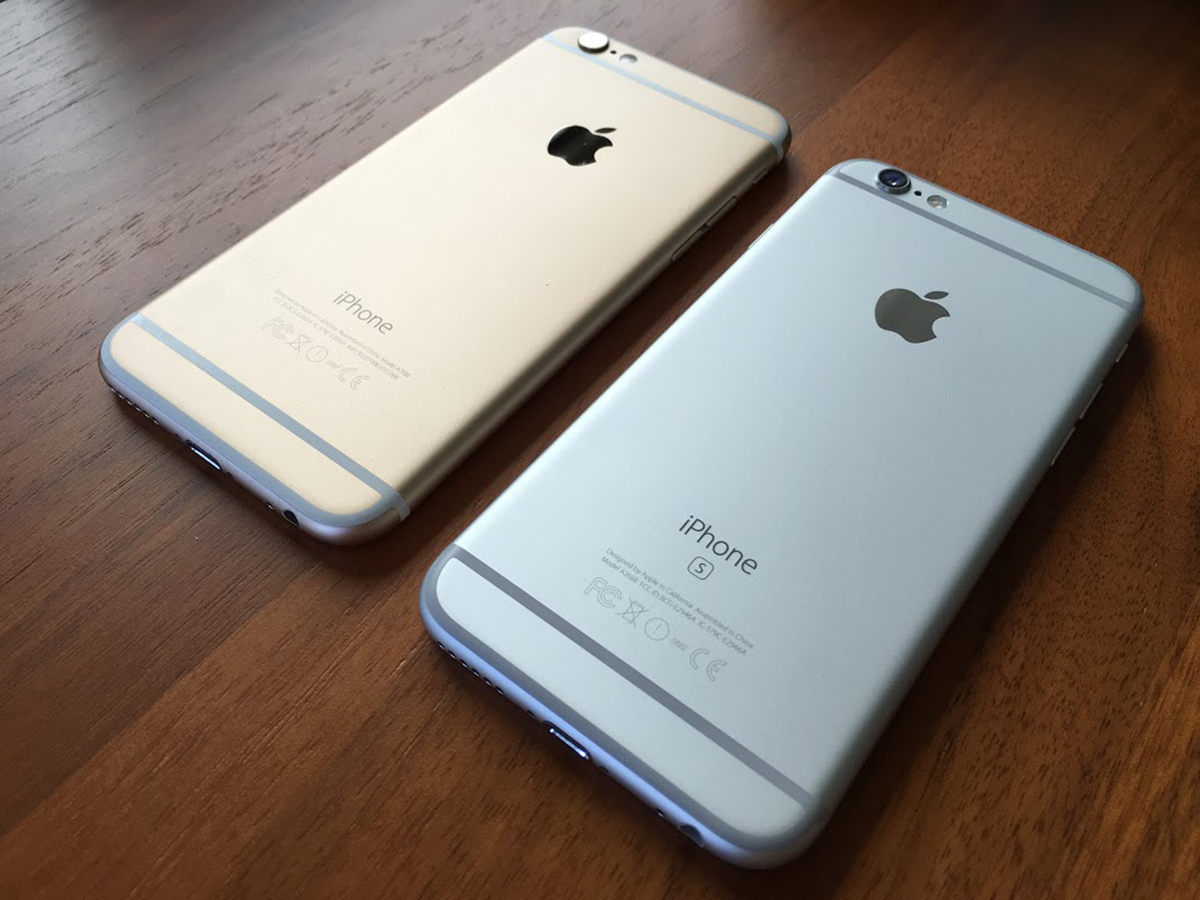
Fraternal twinsies
If you were hoping for a big change in terms of looks, you’ll be very disappointed. The ‘s’ generation of the iPhone doesn’t differ from its predecessor outwardly. So yes, you wouldn’t be able to tell the iPhone 6s from the iPhone 6 if not for the new rose gold finish and the very discreet ‘s’ on its rear. Everything else remains the same, right down to the camera bump.
Also, both the iPhone 6s and 6s Plus have put on a bit of weight and grown in girth by 0.2mm to accommodate the new glass, but it’s so slight that you probably won’t realise that if you hold them yourself.
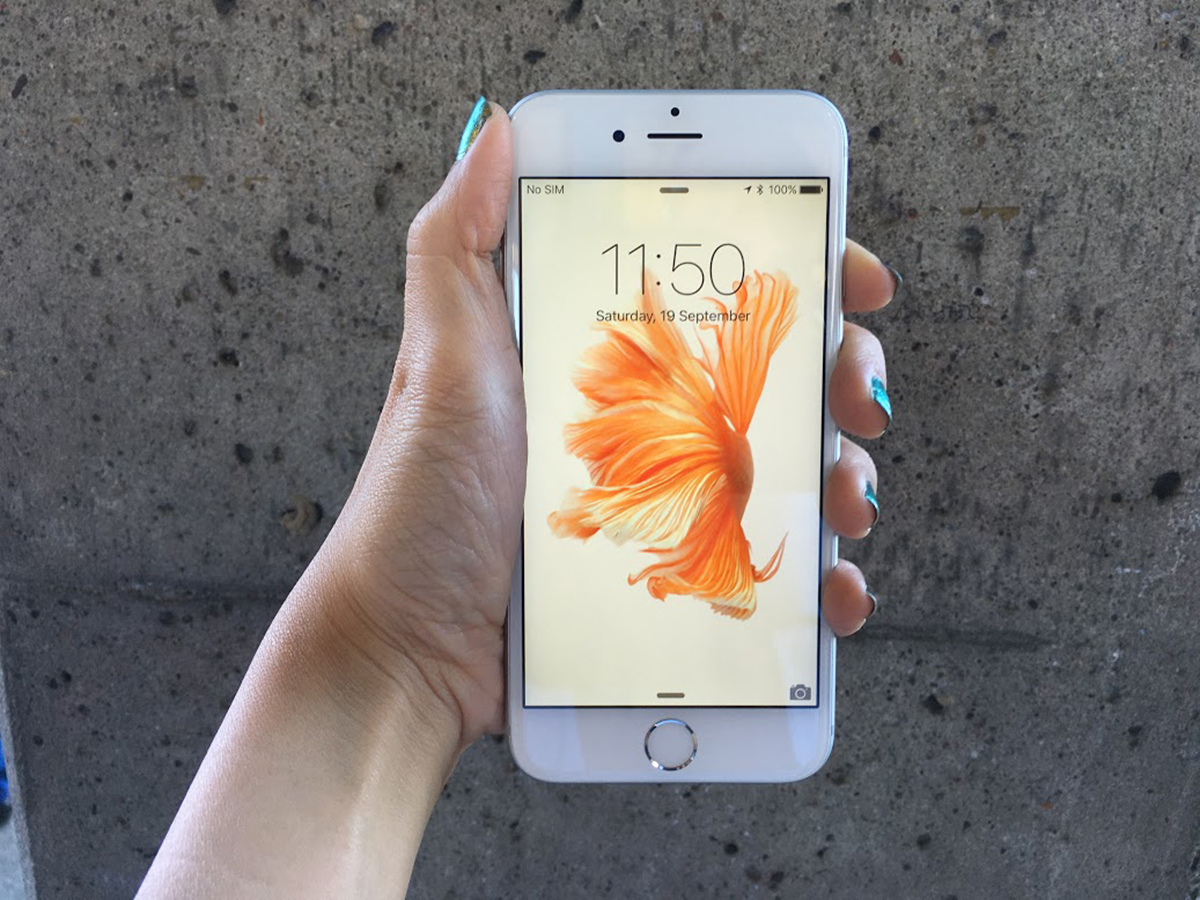
Caught up in the specs race
Let’s be honest: the pixel densities of the iPhone 6s and 6s Plus, at 326ppi and 401ppi respectively, aren’t the greatest. Apple might have put 5K on its iMac, but the iPhone has yet to get the same resolution treatment. In comparison, the Samsung Galaxy S6 is QHD certified with 577ppi and the LG G4 comes in at 538ppi.
So if you’re the type to brag about numbers, the new iPhones won’t do it for you.
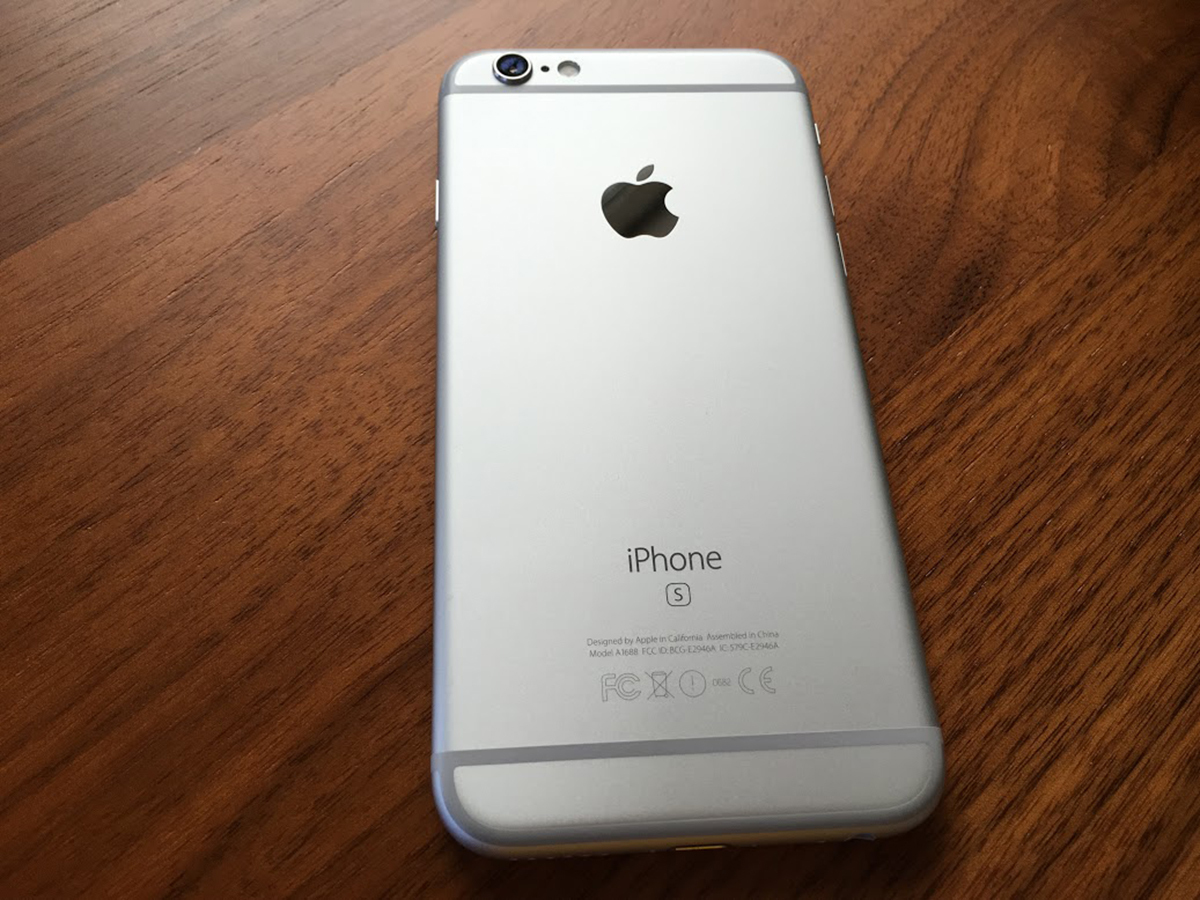
Nothing lasts forever
While most smartphone makers increase the battery capacity on their new models, Apple has gone the other direction – down. The iPhone 6s is packing a 1715mAh battery, a step down from the iPhone 6’s 1810mAh juicer. Again, it’s a compromise made for 3D Touch.
To be fair though, iOS 9 has Low Power Mode, which should stretch your battery out a little bit, and in our time with both new iPhones we found that they endured for just as long as their predecessors.
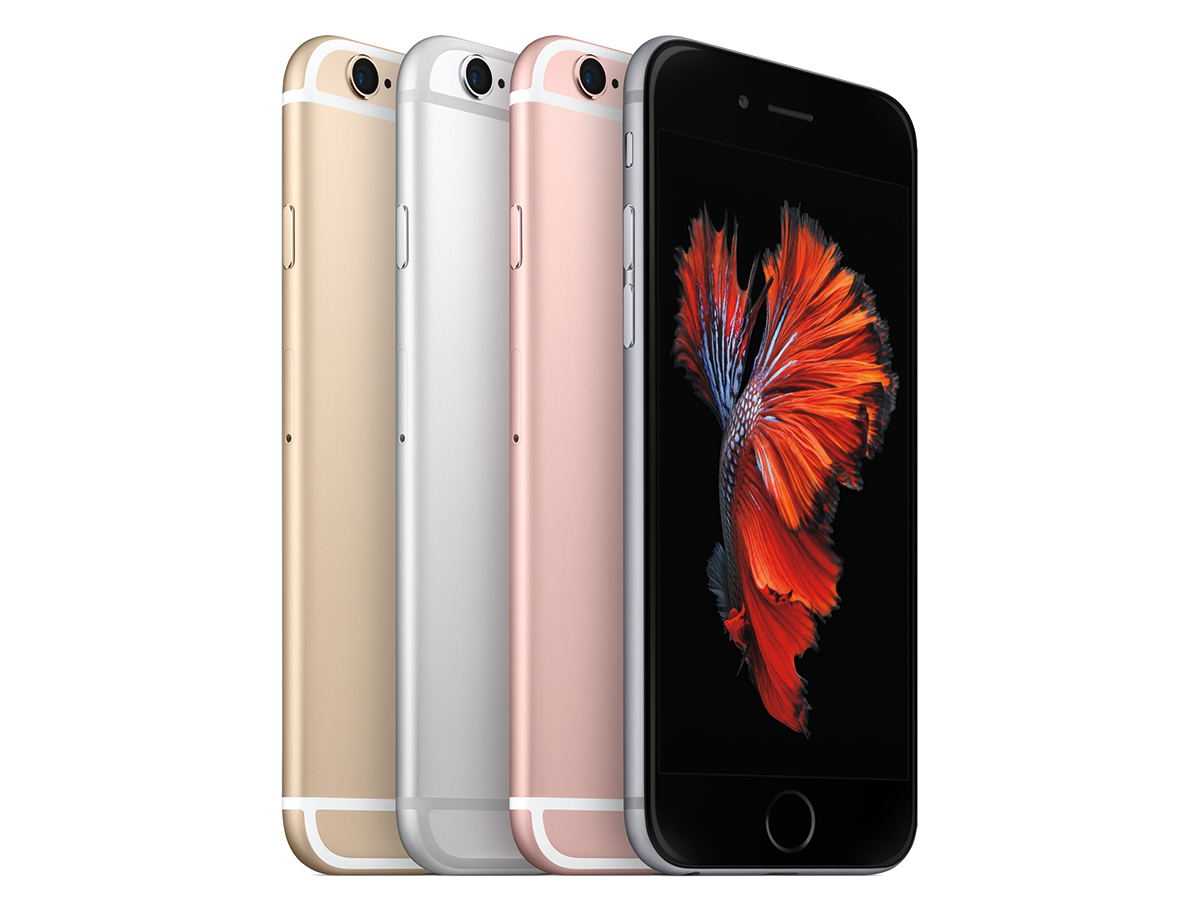
You are already in the red this month
Like with all things Apple, the iPhone is expensive. Starting from £539 for the 16GB iPhone 6s and £619 for the 16GB iPhone 6s Plus, it is obviously priced to be premium. As such, it ends up costing more than some of the other Android flagships like the LG G4 (£500) and the Samsung Galaxy S6 (also £500).
If only the iPhone Upgrade Program would come to our part of the world too…
Why so negative?
For reasons to justify your purchase, skip on ahead to the next page.
Buy, buy, buy
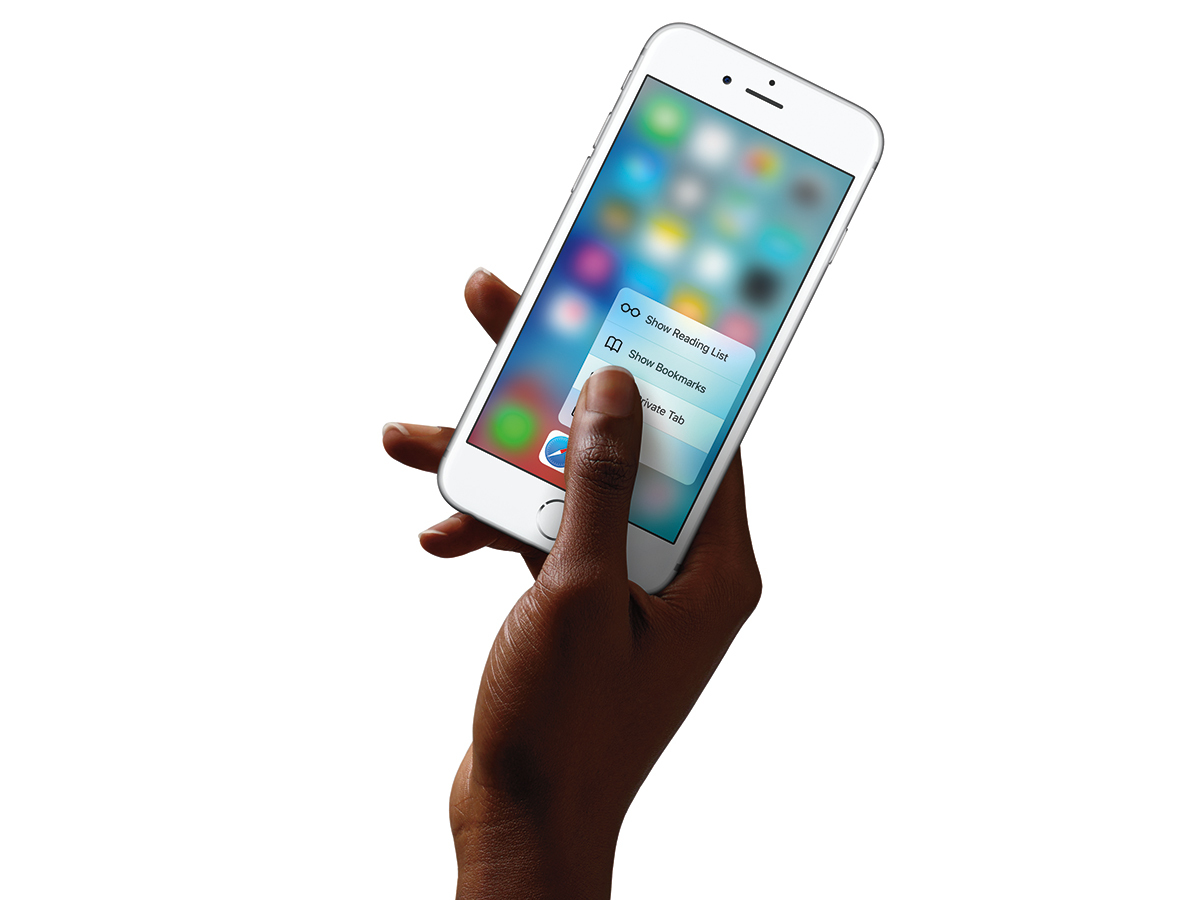
3D Touch is the future
The glass display on the iPhone 6s and 6s Plus now recognises pressure. You can now press hard on native apps to bring up a shortcuts menu, press hard to preview photos and emails, then press harder to hop right into them.
It might all sound a bit foreign to you now, but once you get the hang of it, you’ll probably want to 3D Touch everything.
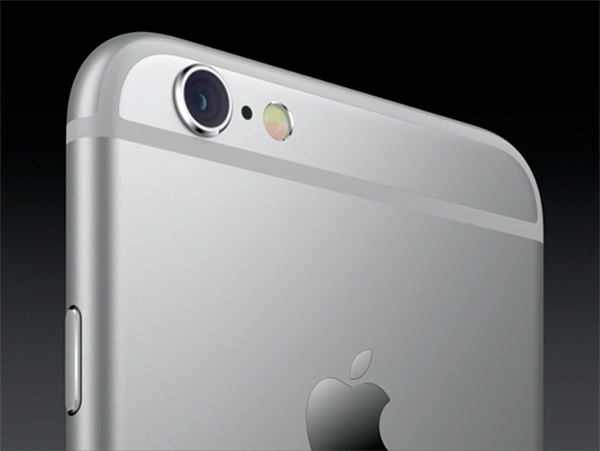
Wide-eyed wonder(ful) camera
It’s one of our favourite smartphone cameras around – minimal effort, maximum results – and now its sensor’s finally been upgraded from 8MP to 12MP, which means greater detail in your shots. There’s also 4K video recording, front-facing camera flash in the form of Retina Flash, and Live Photos. The latter is like a GIF with sound, affording you context in the form of 1.5 seconds of recorded footage before and after you snap the shot.
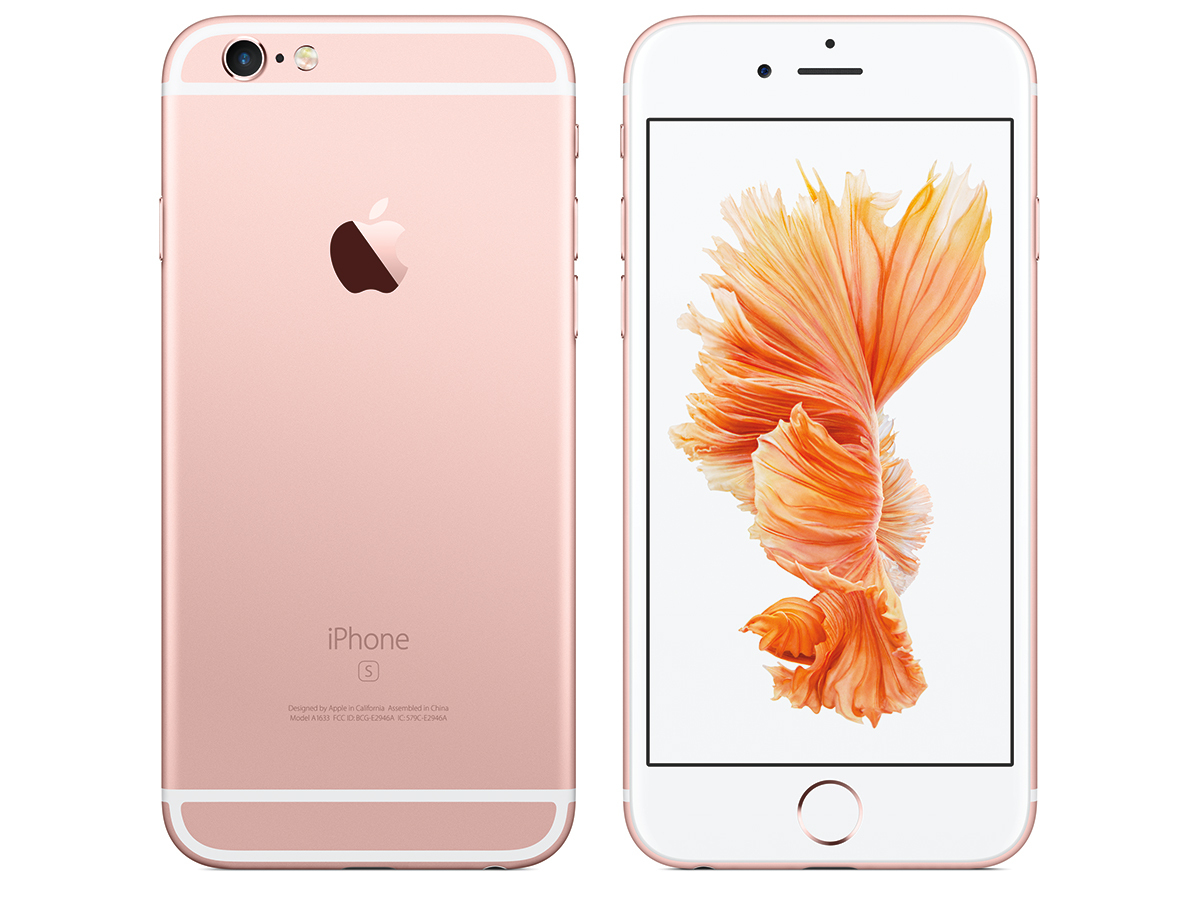
That pink
Trust Apple to do pink right. While companies were off choosing from the wrong end of the pink palette to fulfil their imaginary 2% make-women-buy-our-products quota, Apple was working on an actual desirable shade of pink.
A pink that’s universally flattering for women and non-masculinity-threatening to men and no mention of the word ‘pink’ in its name at all. It’s that fabulous "rose gold", and you can bet that all smartphones next year will come in a variant of it too.
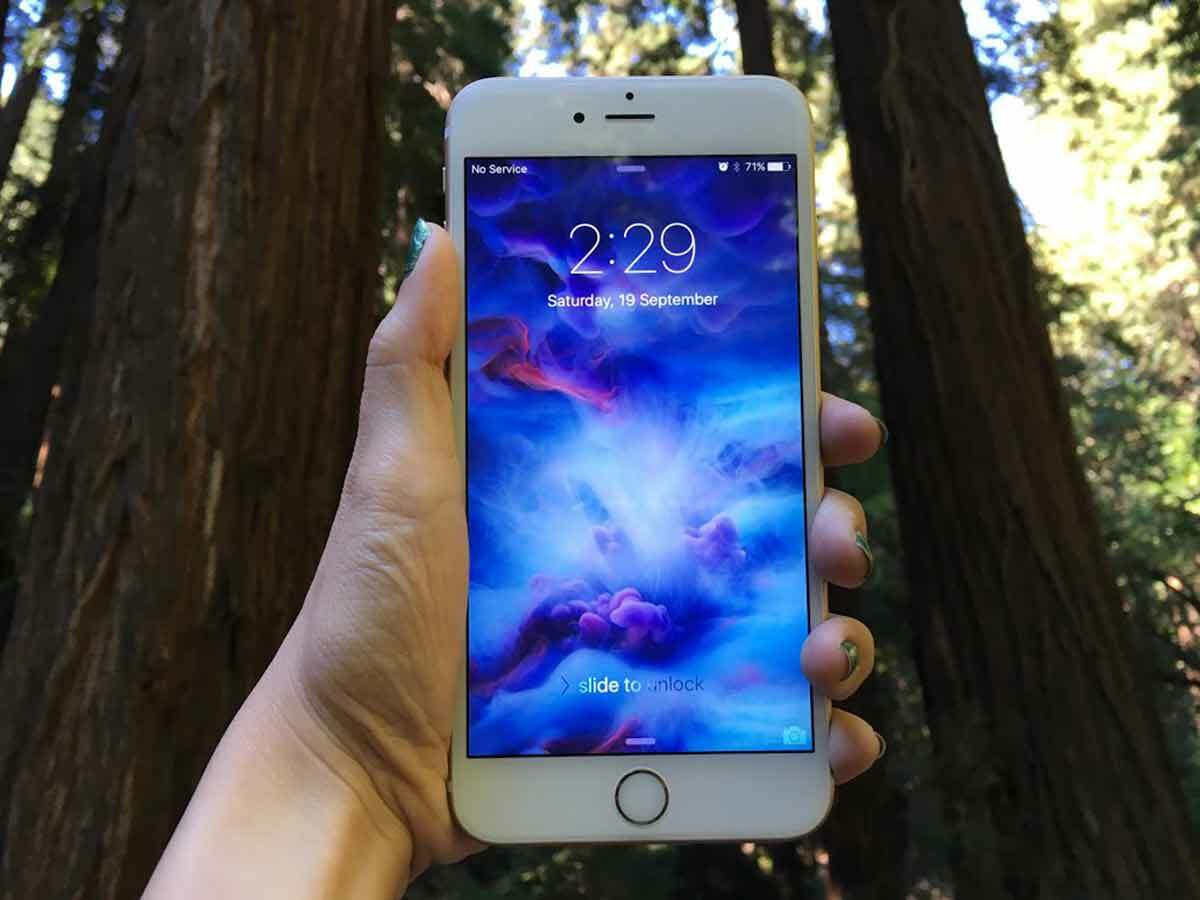
Perfectly harmonious user experience
Unlike every other smartphone company out there, Apple makes both its hardware and software. Which means it knows how to bring the best out of both, even if they’re not top of the line. What you get is a seamless, simple experience that’s quite hard to beat. It goes a long way to explaining the queues every year.


